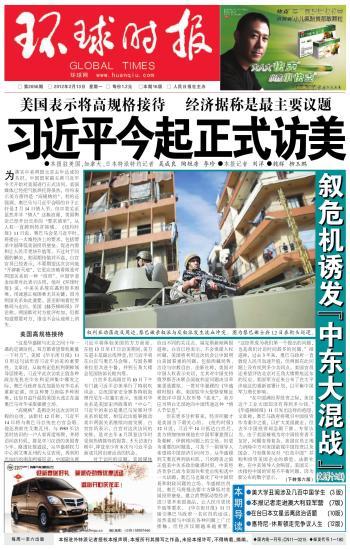释 放
句子:在苏丹被劫持的29名中国工人最终获释。
误译:The 29 Chinese workers who had been kidnapped in Sudan finally released.
正译:The 29 Chinese workers who had been kidnapped in Sudan were finally released.
解释:“获释”就是“被释放”,英语应该用被动语态表达。to release 是个及物动词,应该用 to be released 表达“获释”的被动含义。
“释放”的第一个意思是“恢复被拘押者或服刑者的人身自由 ”。英语动词可以译为 to release, to free, to set free。名词可以译为 release。如:1. 这名拒绝释放人质的恐怖分子被警方击毙。The terrorist who had refused to set free the hostage was killed by the police.
2. 这位村民多年冤狱后终于被发现是无辜的而无罪释放。The villager who had been imprisoned on a false charge for years was finally found innocent and released without any charge.
3. 中国政府一直在努力争取使人质获得释放。The Chinese government has been working hard to secure the release of the hostages.
“释放”的第二个意思是“把所含的物质或能量放出来 ”。英语动词可以译为 to release, to give off, to emit, to liberate。如:4. 这位政府官员在谈话中释放出改革的信号。In his talk, the government official released a signal of reform.
5. 政府部门应该及时释放积极的、透明的信息。Government departments should release active, transparent information in time.
6. 一块木头燃烧时释放出大量的热。A chunk of wood liberates considerable heat during combustion.
“释放”的第三个意思是“把压抑的情感宣泄出来”。英语可以译为 to release。例如: 7. 你应该放松自己,以释放心理压力。You should relax yourself to release your psychological pressure.
8. 她号啕大哭,释放出全部积郁的情感。She burst into tears, releasing all her pent-up emotions.▲
(本栏目供稿:王逢鑫教授)

